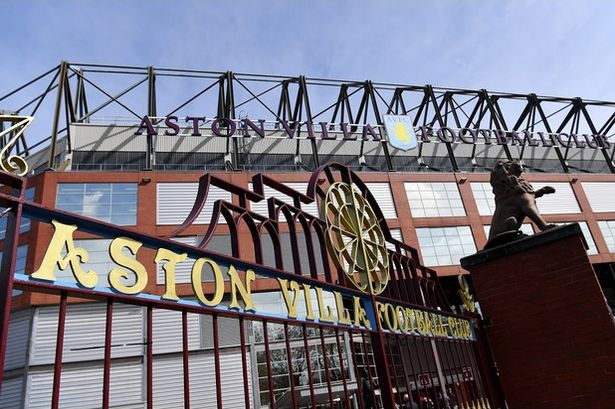The House View: Good governance remains fundamental as European club football remains at war
April 27, 2023
This week saw the launch of the Union of European Clubs (UEC), a new representative body for European club football which wants to “fill the governance gap”.
The body was set up to address the lack of a voice for the small- and medium-sized clubs outside of the “elite” as well as a perceived imbalance in the redistribution of commercial revenues from UEFA club competitions.
It is those who fund the game that hold the key to the future
UEFA reported revenues of over EUR 3 billion from its club competitions in the 2022/23 season, and typically around 80% comes from media rights. It is the prospect of not only growing the overall pie but counting on these revenues year on year that is so appealing to the ownership groups that control many of the elite clubs.
In a media market which is ever more fragmented, no sports property outside of the US provides an appointment to view for so many and so often as the Champions League. However, the competition for Champions League spots is fierce and even the mighty Bayern Munich, Real Madrid, PSG and Manchester City, who rarely finish outside of the top two in their respective leagues, are in theory only a few seasons away from missing out on the competitions’ millions.
The customer is king but currently has no voice
Increasing the value of the current club competitions or creating more value for clubs in a closed Super League is predicated on the assumption that fans will pay through increased attention and/or by dipping deeper into their wallets.
While the success of the Champions League has proven there is a huge value in the best in Europe competing against the best, it still feels like the voice of the customer (no apologies for using this term given the importance of delivering a quality product), which is the most important for any business, is the only voice not proportionately represented in the current debate.
This is complex and challenging to solve given the various interests at play. But it remains one of the single most important problems to be solved in European club football.
The politicians will also have their say
As the football “family” continues to remain split over the future of European club football, the government regulators are closing in.
The European Court of Justice is examining the question of whether UEFA retains the right to be both a regulator and organiser of European competitions. A22, the organisation behind efforts to launch a European Super League, are challenging UEFA’s monopoly.
The European Commission, which is an important institution within the European Union and responsible for proposing and implementing EU laws and policies, was represented at the launch of the UEC by Vice President Margaritis Schinas and he was quoted as saying, “UEFA should ensure that the commercial success of the elite level supports all the other levels”.
Earlier this year the British government announced plans to introduce an independent regulator whose powers will include, amongst others, blocking clubs from joining a breakaway Super League.
Where do the athletes stand?
The recently announced plans to introduce an enlarged 32-team FIFA Club World Cup, which is set to take place every four years, has raised tensions between FIFA and UEFA. The new tournament would generate significant revenue for FIFA and the participating clubs. However, the biggest clubs in Europe have been reluctant to participate, citing concerns about scheduling and player fatigue.
FIFPRO, the global players union, has also publicly spoken out against moves to introduce the tournament which is planned to commence in 2025. FIFAPRO said in a statement released in late 2022 that it is working with another representative body, the World Leagues Forum, “on the alignment of the match calendar with mandatory health protections for players”.
A question of governance
In the end, much of the debate around who gets what shines a light on questions over how football, and sport at large, is governed.
Football is still a cottage industry and estimated to be worth single digit billions per year compared to global retail which is estimated to be a double-digit trillion dollar industry.
Nevertheless it is still an industry and requires certain minimum standards of governance. Ethics, transparency and accountability are the terms we often hear and when you dig into the stakeholder relationships of those represented in the current debate, as well as those potentially not represented, everything about the future of European club football comes back to these three fundamental principles.
It is of course naive to think that European club football can flick a switch and turn on a bright and happy future but until there is an acceptance that basic principles of good governance are key to a sustainable future, the current state of play is set to become even more complex and fragmented.
By David Fowler, MD Advisory iSportConnect


